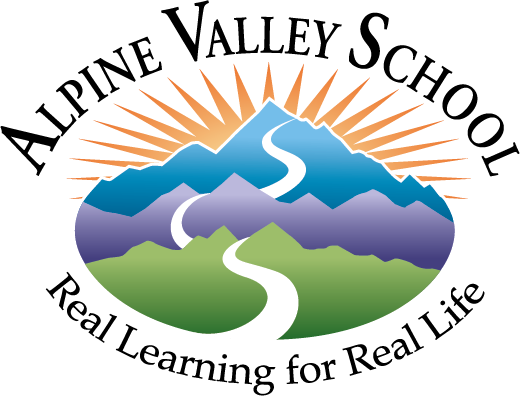What's the Purpose of Education?
On a tour with a mom and her young son, I asked the Mom why she was looking at alternative education and she explained to me that it was all because of her son’s 5th grade math class. “He comes home every night,” she said, “with worksheets for ancient Egyptian long division. I understand that you’re not always going to use everything you learn, but spending hours on these worksheets? It’s just ridiculous!”
All this begs the question, what is the purpose of education? What does school exist to teach us?
I would argue that learning is only valuable when it’s put into practice. Subjects that aren’t important to the individual, or something they can immediately use, are worthless. Ancient Egyptian long division? You could sit me down in a classroom right now, at thirty-four years old, and teach that to me and I would immediately forget it. Why? Because I have no use for it. Perhaps if I were a student of history, or an archaeologist, such information would be of practical concern to me, but I’m not. I’m a staff member at Sudbury School. If, however, you wanted to sit me down and talk to me about fundraising I would be all ears. That’s information I can use.
The same logic applies to children. We can force them into desks and talk to them for hours every day about all the things we think they need to know, but unless these are lessons that have intrinsic value to them, or are immediately applicable, the information fades away. Maybe they hold onto it long enough to pass a test, but typically that’s about it.
The value in education is in discovering something we love and pursuing it with gusto. Real learning happens when young people are hungry for knowledge, when they cannot get enough of the subject they’ve chosen to pursue. Those lessons, no matter what the subject, are the ones that last us a lifetime.
Alpine Valley School provides students with all the space, time, and resources they need when pursuing the subjects that are important to them. No one here will make a value judgement about what an individual (be they staff or student) is “supposed” to learn. If the student loves logic puzzles, painting, playing football, studying math, or navigating a video game world, all these activities have equal value in our eyes, and we support students in pursuing them all. The lessons they learn - how to get along with others, how to advocate for what they want, how to create a budget, how to struggle and succeed, are the ones that will stay with them long after the details of the activity have faded. And that, I believe, is the real purpose of education.

